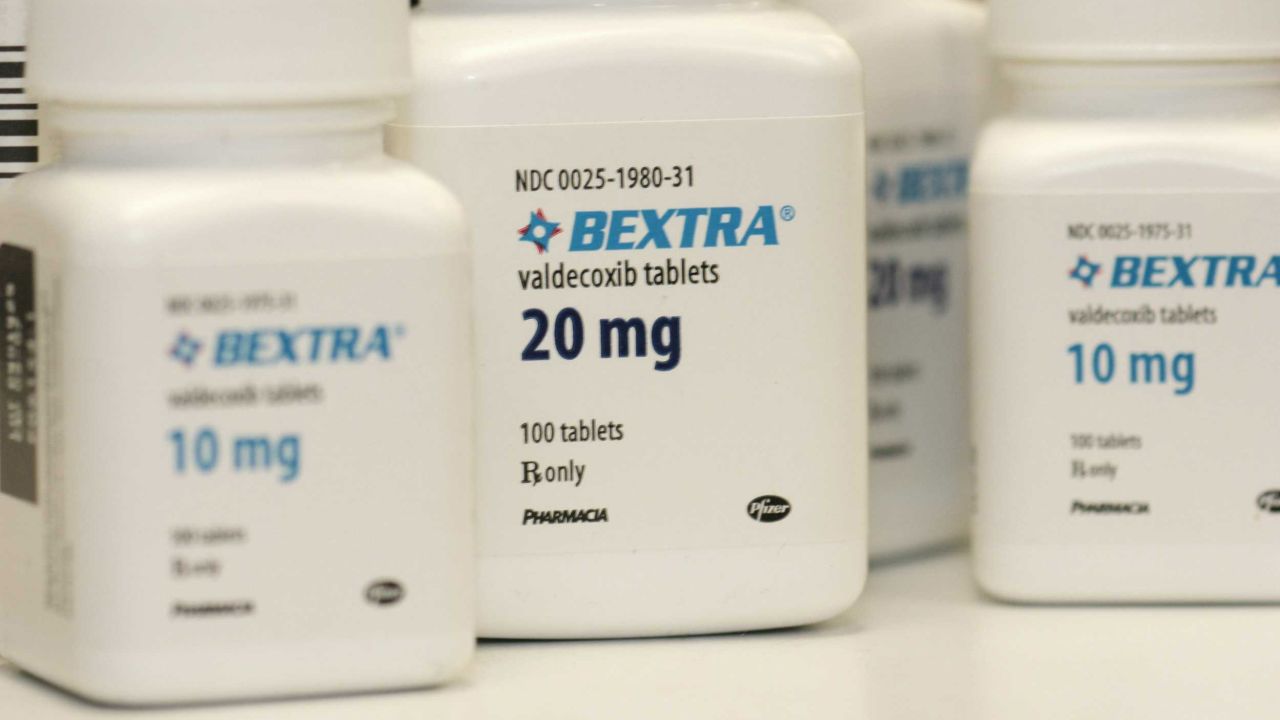Thailand’s Initiative to Combat Hepatitis C with Affordable Drug
The Government Pharmaceutical Organisation (GPO) in Thailand has taken a significant step towards improving access to hepatitis C treatment by preparing to register an affordable drug called ravidasvir with the Food and Drug Administration. This initiative aims to benefit approximately 800,000 patients and significantly reduce the cost of treatment.
Dr. Mingkwan Suphanpong, director of GPO, highlighted on Thursday that the state producer is collaborating with two key partners: the Drugs for Neglected Diseases initiative (DNDi) and Pharco Pharmaceuticals, an Egyptian-based company. These entities co-developed ravidasvir under a South-South partnership, which emphasizes collaboration between developing countries.
The three parties have signed a memorandum of understanding to ensure the smooth registration process by supplying technical documents and regulatory support. This partnership underscores the importance of international cooperation in addressing global health challenges.
Clinical Success and Global Recognition
Clinical trials conducted in Bangkok, Chiang Mai, and Malaysia have demonstrated that ravidasvir achieves cure rates exceeding 95%. The drug is already registered in Malaysia and has been included on the World Health Organization’s essential medicines list. This recognition highlights its efficacy and importance in global healthcare.
Dr. Mingkwan emphasized that ravidasvir will be Thailand’s first domestically produced direct-acting antiviral (DAA) developed through international collaboration. She pointed out that current DAA regimens cost more than 2.5 million baht, making them inaccessible for many patients.
Only about one in five Thais with the virus can currently afford therapy, despite the serious consequences of untreated infection. Hepatitis C can progress to liver cancer, cirrhosis, and chronic disease, placing a heavy burden on families and the healthcare system.
Strategic Goal to Eliminate Hepatitis C by 2030
Ravidasvir’s registration is a central component of Thailand’s strategy to eliminate hepatitis C by 2030. This ambitious goal reflects the country’s commitment to public health and the well-being of its citizens.
DNDi, an NGO focused on providing affordable medicines in developing nations, and Pharco Pharmaceuticals, which supplies the active pharmaceutical ingredient, will continue to support GPO in scaling up production once regulatory clearance is obtained. Their ongoing assistance is crucial for ensuring the drug’s availability and affordability.
Dr. Mingkwan stated that a Thai-made version of ravidasvir would “dramatically lower prices and expand access.” This development is expected to have a profound impact on the lives of patients who have previously been unable to afford treatment.
Implications for Public Health
The introduction of ravidasvir represents a major milestone in Thailand’s fight against hepatitis C. By making this effective treatment more accessible, the country is taking a proactive approach to reducing the prevalence of the disease and improving public health outcomes.
This initiative not only addresses the immediate needs of patients but also contributes to long-term healthcare sustainability. With reduced treatment costs and increased access, more individuals can receive the care they need, leading to better health outcomes and a stronger healthcare system overall.
As Thailand moves forward with its plan to eliminate hepatitis C, the success of ravidasvir could serve as a model for other countries facing similar challenges. The collaborative efforts between GPO, DNDi, and Pharco Pharmaceuticals demonstrate the power of international partnerships in tackling global health issues.







